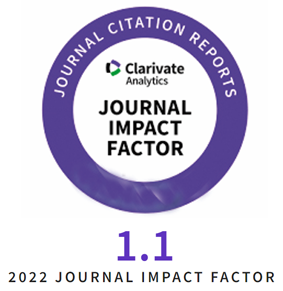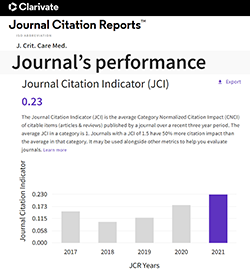The current definition of sepsis is based on comparatively contemporary knowledge. However, the disease process is not fully understood and treatment still profoundly challenging. Definitions and guidelines have changed over the recent years, and clinicians are always interested to know what the new and current thoughts on the subject are.
Many papers have been published in the medical press, reporting on definitions, scores, models, cytokines, therapies, new trends, statistics, campaigns, including a sepsis anniversary day-which is not celebrating but fighting against sepsis. Together they signify the enormous interest in the subject.
The American College of Chest Physicians and the Society of Critical Care Medicine met in 1992 and gave the first definition of sepsis and associated organ failure [1]. Eleven years later, American intensivists met European intensivists to evaluate if there was a need for a new definition of sepsis [2]. [More]
Tag Archives: inflammation
Statins as Pleiotropic Modifiers of Vascular Oxidative Stress and Inflammation
Cardiovascular disease (CVD) is the leading cause of morbidity and mortality in the industrialized world and in the future is expected to be the number one killer worldwide. The main cause underlying CVD is atherosclerosis. A key event in atherosclerosis initiation and progression is oxidative stress through the production of reactive oxygen species as well as endothelial dysfunction. Several pro- inflammatory and anti-inflammatory cytokines and proteins are involved in this process, complemented by activation of adhesion molecules that promote leukocyte rolling, tethering and infiltration into the sub-endothelial space. Statins represent the agent of choice since numerous clinical trials have verified that their pharmacological action extends beyond lipid lowering. Statins demonstrate direct anti-oxidant effects by scavenging free radicals and stimulating anti-oxidant enzymes while acting as regulators for cytokine, protein and adhesion molecule expression, all of which are involved in the atherosclerotic process. Statin use is considered one of the most efficient currently used interventions in managing CVD with the likely hood of remaining so in the near future.




